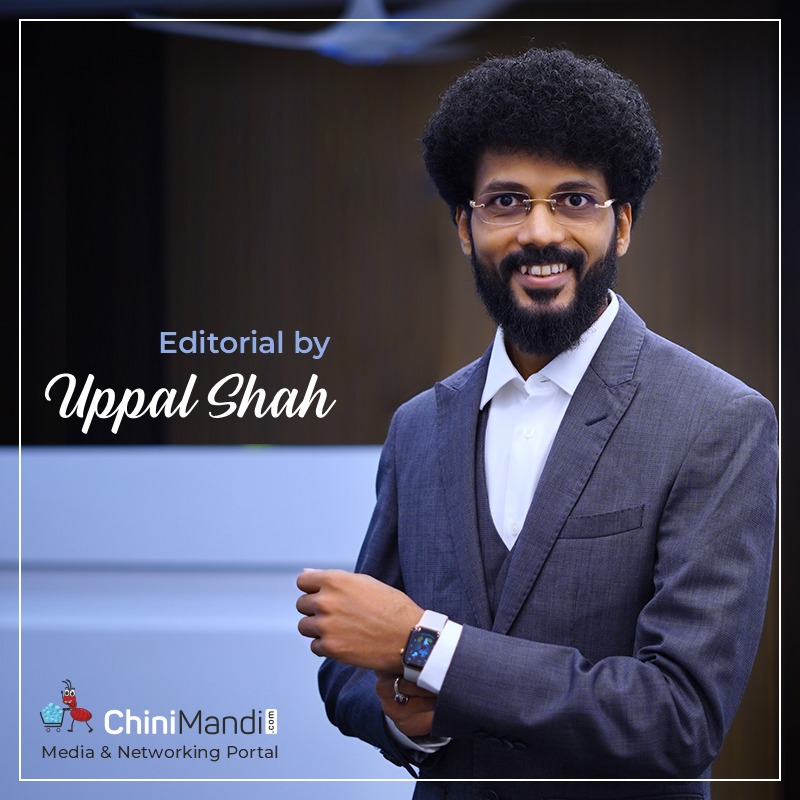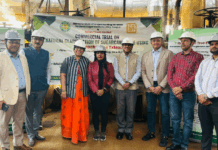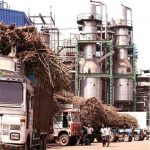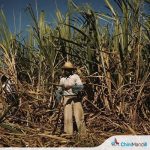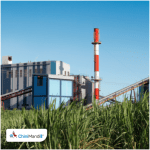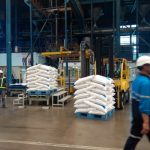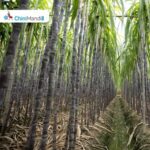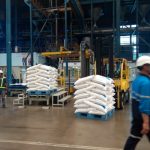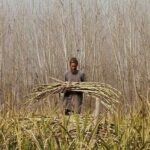In a good development for the sugar industry and sugarcane farmers, bagasse—a byproduct of sugar production—is now being utilized to create vegan leather. This innovative approach not only addresses pressing environmental concerns but also opens new avenues for revenue generation in an industry often beset by financial challenges. Bagasse, the fibrous residue remaining after juice extraction from sugarcane, is emerging as much more than just waste. With its rich composition and adaptable properties, it is finding applications across diverse sectors, offering innovative solutions and valuable products.
One standout example Vegan Virya (sugarcane leather brand), a pioneering vegan leather developed by P A Footwear P Ltd in collaboration with the National Institute for Interdisciplinary Science and Technology (NIIST). An innovative material comprising over 95% plant-based elements, prominently sugarcane bagasse, complemented by a remarkable 60% agro waste content— is already earning accolades, including the “PETA-Approved Vegan” certification from PETA India. Such recognition shows the potential of sugarcane bagasse to meet the growing demand for sustainable alternatives in a world increasingly leaning towards eco-friendly products.
The global market is responding favorably to this shift. Brands across various industries, from fashion to automotive, are actively seeking vegan materials. According to the Material Innovation Initiative’s report, “Brand Engagement with Next-Gen Materials 2023,” many collaborations are forming between innovative vegan material companies and brands in sectors such as apparel, accessories, and home goods. With India being one of the largest producers of sugarcane, the opportunity to expand the use of sugarcane-based vegan leather is immense.
Consumer trends also indicate a strong shift toward vegan and sustainable products. In 2021, researchers at Lingaya’s Vidyapeet Faridabad predicted that post-pandemic, consumers would gravitate towards vegan and sustainable apparel brands in India. This prediction has proven accurate. According to an IndustryARC report, the vegan leather market size is projected to reach USD 204 million by 2030, growing at a CAGR of 11.4% from 2023 to 2030.
By converting bagasse into sustainable vegan leather, manufacturers can contribute to the circular economy while meeting the rising demand for eco-friendly alternatives. This initiative not only enhances income opportunities for sugarcane farmers but also strengthens the economic sustainability of the sugar mills. In an era where financial crisis frequently challenge agricultural sectors, leveraging bagasse for value-added products like vegan leather offers a viable path toward profitability.
The sugar industry can contribute to the production of vegan leather by integrating bagasse processing into their operations. By investing in technology to convert this byproduct into high-quality materials, sugar mills can create a new revenue stream while minimizing waste. Collaborations with innovative companies and research institutions can further enhance the quality and applications of vegan leather, making it align in various consumer products.
The transition to producing vegan leather from sugarcane bagasse represents a remarkable synergy between innovation, sustainability, and economic viability. By embracing this change, the sugar industry can secure a sustainable and profitable future while aligning with global trends that prioritize environmental stewardship.
For further inquiries or to contact Uppal Shah, Editor-in-Chief, please send an email to Uppal@chinimandi.com.

